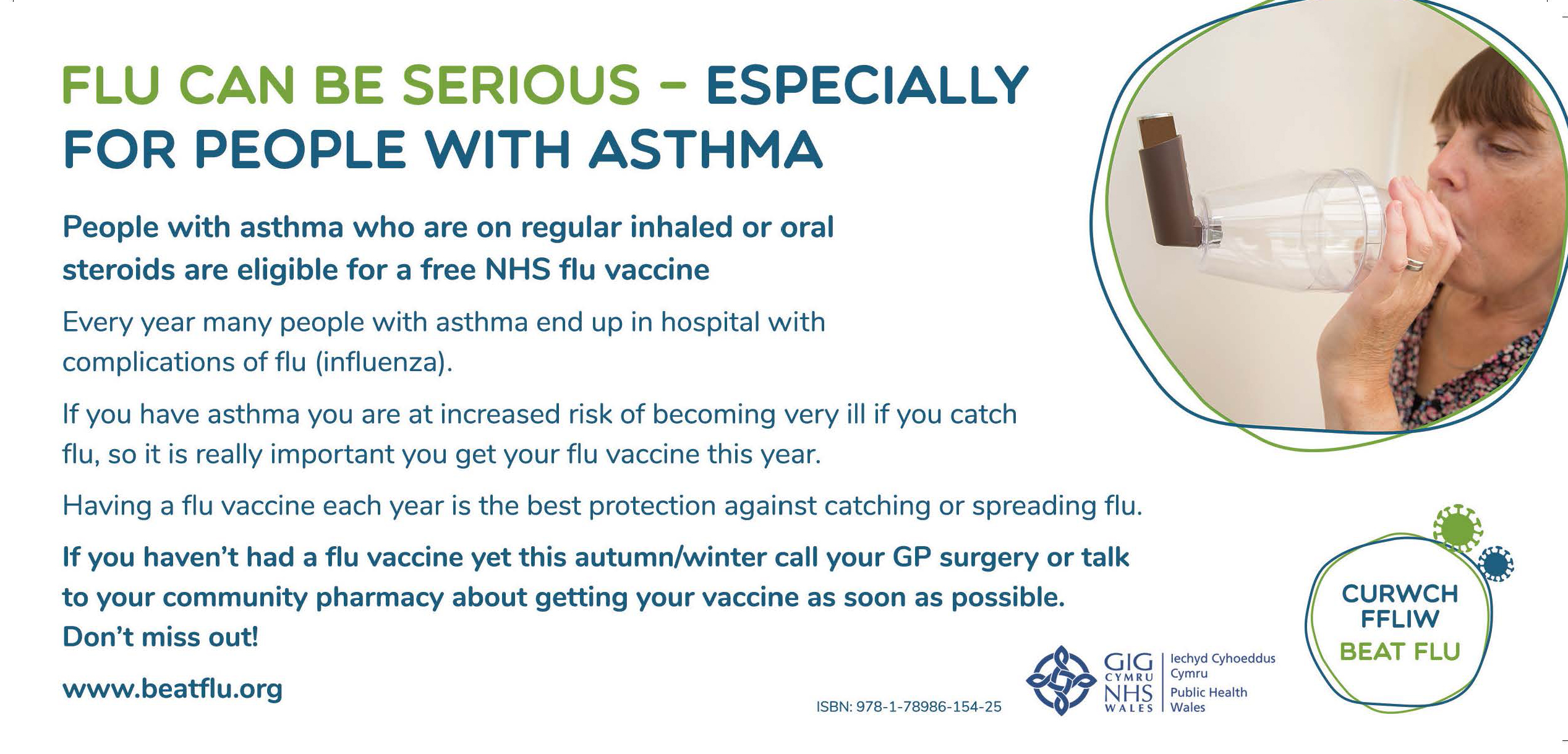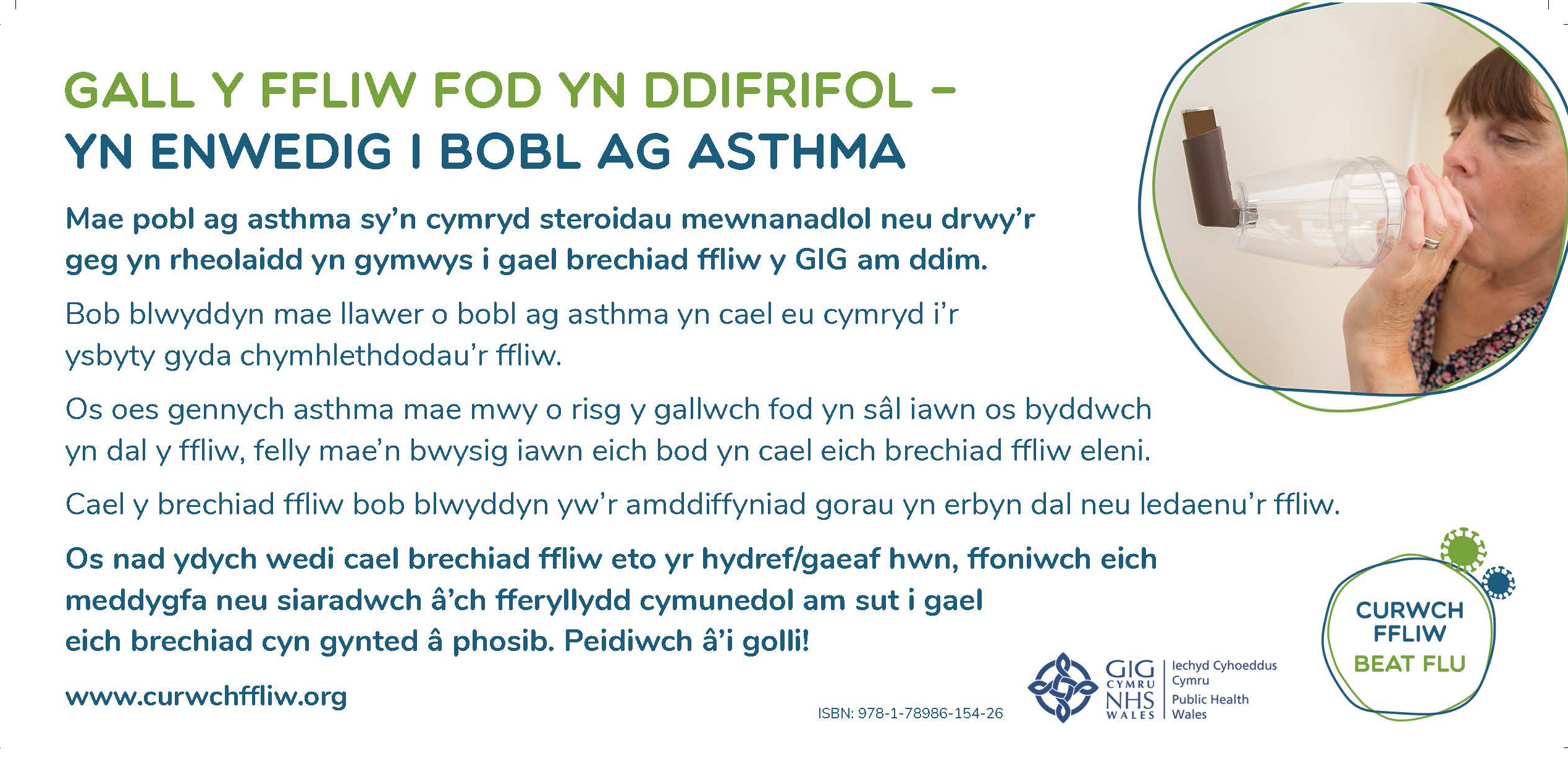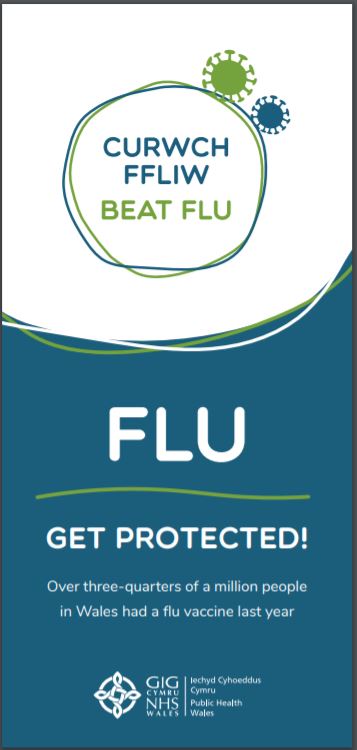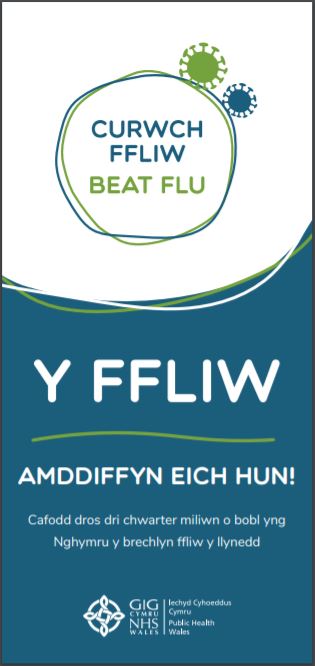Are you in the top 8 risk groups?
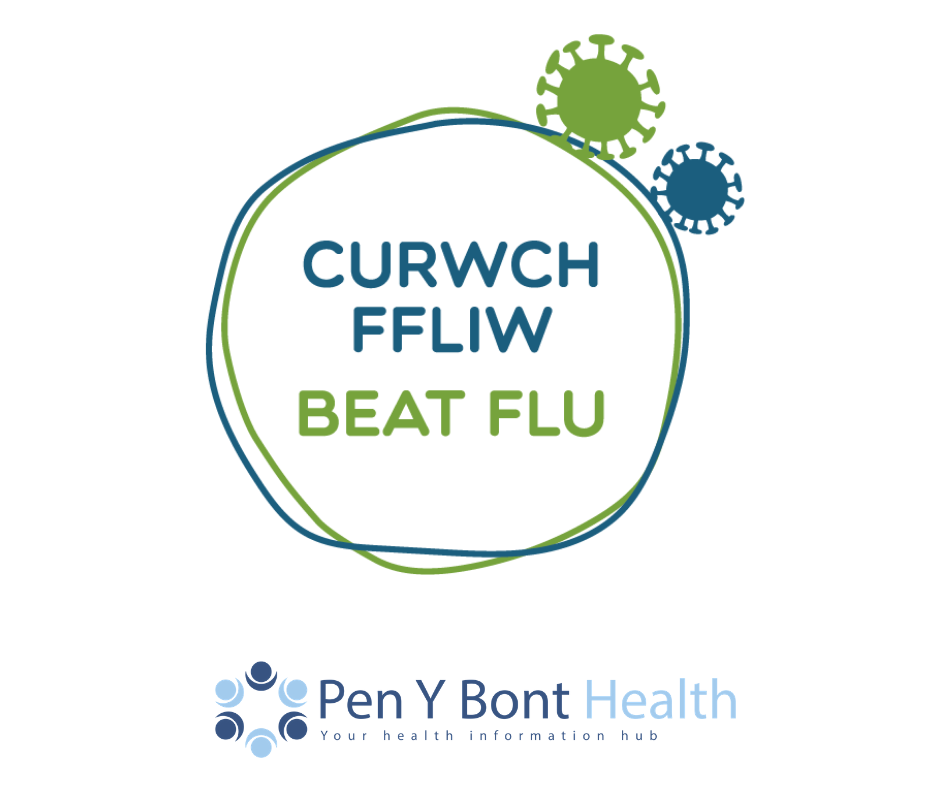
Flu can be VERY serious as it can lead to illnesses which may need hospital treatment such as bronchitis and pneumonia. The annual Flu Vaccination is a way of protecting yourself and those around you from catching the flu.
Please check to see if you or members of your family are in any of the “at risk” groups as follows.
1. Are you Pregnant?
In extreme cases, did you know that your baby is more likely to be born early, have a low birth weight, be stillborn or even die within their first week if you get flu whilst pregnant?
Flu can be extremely serious during pregnancy which is why all expectant mothers are advised to have a flu vaccination to help protect themselves and their unborn babies. Having the vaccine during pregnancy will also protect the baby until it is four to six months old – a high risk time when flu is potentially very serious.
Please make sure that you speak to your midwife or GP about getting the vaccine.
2. Are you a parent or guardian?
If your child is six months or over they should have a vaccine every year.
If your child is aged two or three on 31st Aug 2019 they should be offered the flu vaccine at your local GP surgery. Find your surgery contact details here.
Did you know that every year all primary school children should be offered the flu vaccine in school?
If for any reason you think that your child may have missed the vaccine at their primary school then please contact the school nursing service for advice.
For children between the ages of two and seventeen, the nasal spray vaccine is recommended.
3. Do you have a long-term health condition?
Did you know that with a long-term health condition, even if you feel healthy, you should still have a flu vaccine?
Please check the list below for long term health conditions to see if any apply to you. If they do then you are more likely to get complications should you get flu.
• Heart problems
• Chest complaints or breathing difficulties, including asthma that need regular steroid inhalers or tablets
• Kidney disease
• Lowered immunity due to disease or treatment (such as steroid or cancer treatment)
• Liver disease
• Have you had a stroke (or mini stroke)?
• Diabetes
• Neurological conditions, for example multiple sclerosis (MS), cerebral palsy or post-polio syndrome
• Problems with your spleen, for example sickle cell disease, or you have had your spleen removed
• A body mass index (BMI) of 40 or more
4. Are you over 65?
If you are over 65 it is recommended that you get your flu vaccine at your local GP Surgery. If you have not been contacted then please call and make an appointment to have the vaccination.
5. Do you live or work in a residential or nursing home?
It is important that anyone living or working in a residential or nursing home has the flu vaccination. If you work with vulnerable or elderly patients then please speak to your community pharmacist about getting a flu vaccine.
6. Are you a health and social care worker?
If your job involves having direct contact with patients and clients in the health or social care sector, to protect yourself and the people you care for, it is recommended that you have a flu vaccination. Ask your employer about this.
7. Are you a Carer?
If you are a carer for someone whose health would be at risk if you became ill with flu, you should have a free flu vaccine at your GP surgery or community pharmacy. This includes anyone who is working as an unpaid carer.
If you work in an adult care home or in a children’s hospice, you can now have a free NHS flu vaccination. It is available from most community pharmacies – you just need to take proof of your employment when you go for your vaccination.
8. Are you a community first responder?
If you provide planned first aid as a member of a voluntary organisation, or if you are a community first r
esponder, you should also have a flu vaccination. You can get this from your GP surgery or most community pharmacies – you just need to take proof of your employment.
If you are still unsure as to whether you require a vaccination then please check with your local GP surgery.
If you consider yourself to be in the top 8 risk groups, please follow the instructions above and seek to obtain the Flu Vaccination at your earliest convenience. Find out more about Flu here.
Find out more about why it’s so important to have your Flu Vaccination here.
